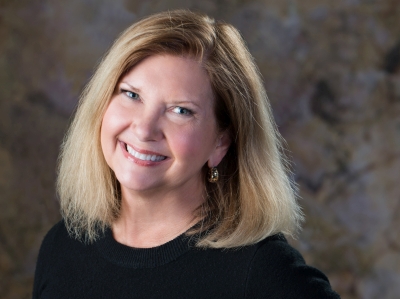
Our history-themed issues are always among our most popular. Peoria has a fascinating history that is still being uncovered and documented—thanks to the work of researchers and writers like Ken Zurski and Norm Kelly, as well as the staff and volunteers at the Peoria Public Library, Peoria Historical Society, and the Special Collections Center at Bradley University, who assisted with this issue.
Dozens of organizations around the region are doing the same in their own communities. The Morton History Project, for example, is currently working to identify and tell the stories of Morton’s people and places. It’s a wonderful collaboration—made possible by the Morton Community Foundation, Morton Chamber of Commerce, Morton Public Library, and all the residents who are sharing their memories for the benefit of future generations.
A curiosity to discover the remains of the Columbia steamship, which sank in the Illinois River 100 years ago, led to the formation of the Central Illinois Mudwater Archaeology Society, which already has plans for future projects. “There is definitely a need for more archaeological work on these inland riverways,” writes Josie Mumm, “in order to preserve this cultural history.” We salute their passion and diligence in doing so.
From restoring Peoria’s original Civil War monument to the new plaque dedicated to naval hero George H. Ellis, Norm Kelly has worked tirelessly to honor those Peorians who gave their lives for our country. Tina Morris and Rustin Gates of Bradley University have spent countless hours documenting the resettlement of Japanese Americans in Peoria during World War II—a topic that is little known to most of us. OSF HealthCare is working to restore one of downtown Peoria’s most historic buildings, while a range of organizations have come together to improve the Kickapoo Creek watershed. All of these stories are featured in this issue, and we are proud to share them.
With the recent passing of RLI founder Gerald Stephens, I recalled my interactions with him and his wife Helen. When iBi first got off the ground in 1989, he quickly became a supporter, cheerleader and mentor. He was truly a visionary leader, and we join RLI and the Stephens family in mourning his loss, but more importantly, celebrating his legacy.
We must, as Ken Zurski urges, “keep history alive.” Only by learning our history can we fully appreciate the gifts we have today. iBi will soon be celebrating its 30th year in Peoria. We’ve survived the ups and downs, and we will continue to share the stories of the people in the heart of the Midwest. iBi

